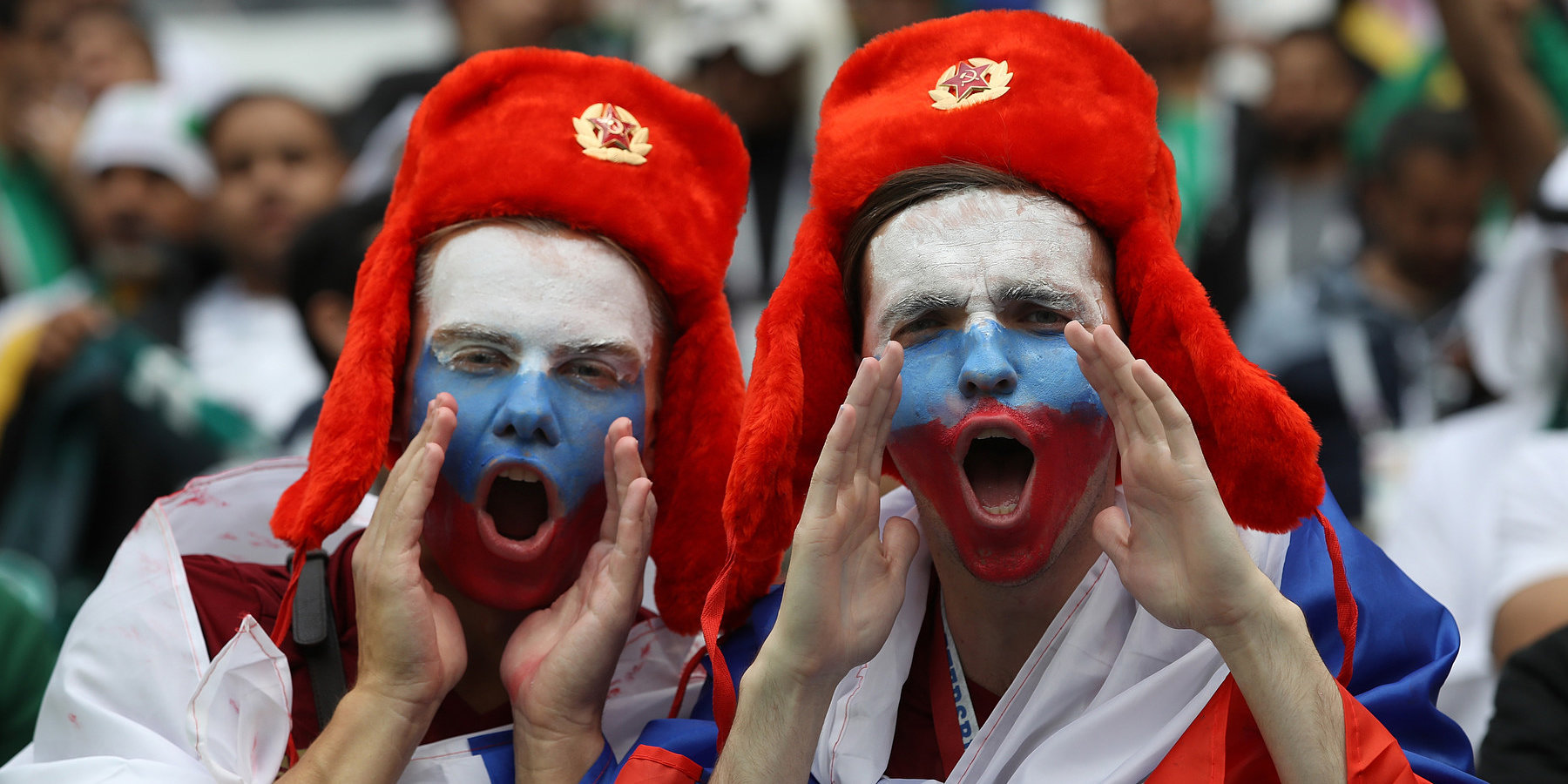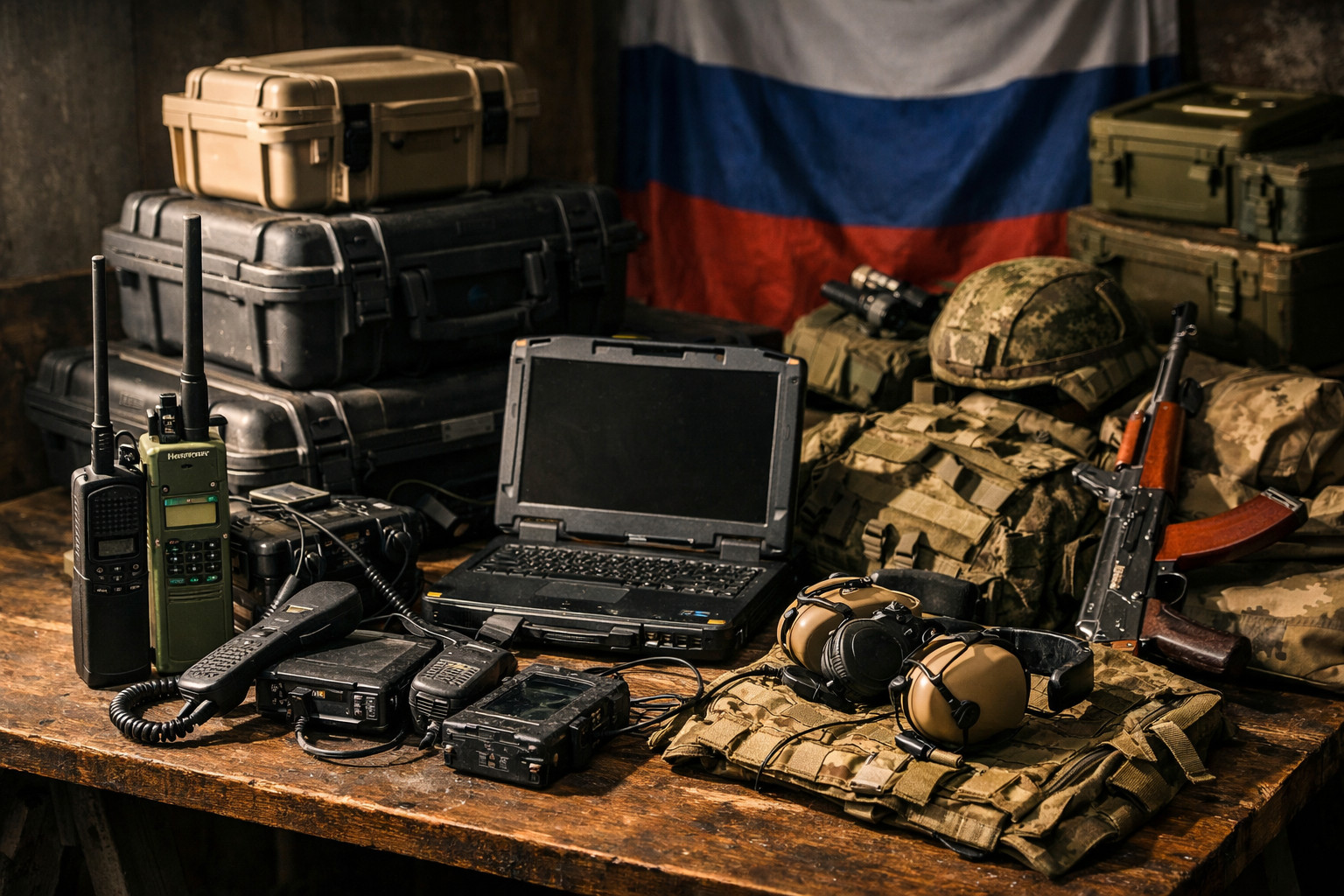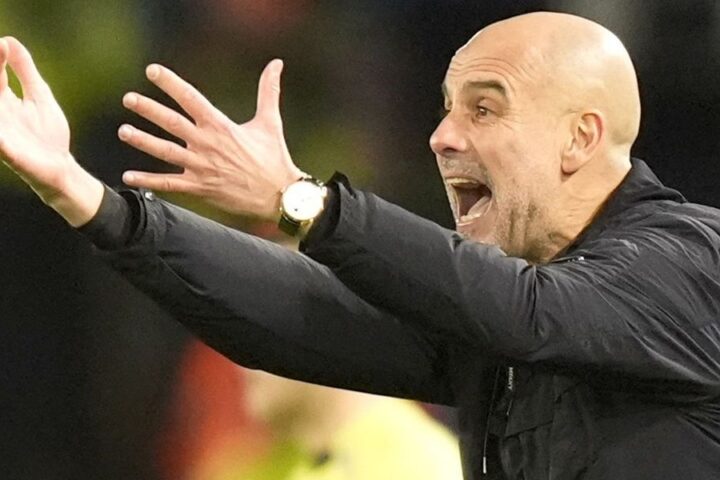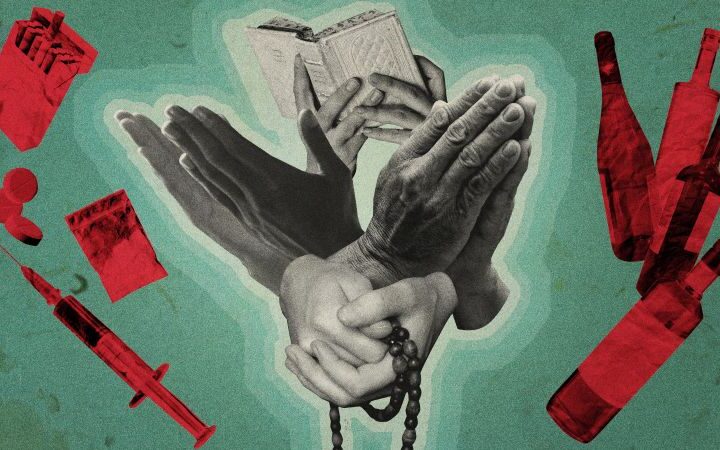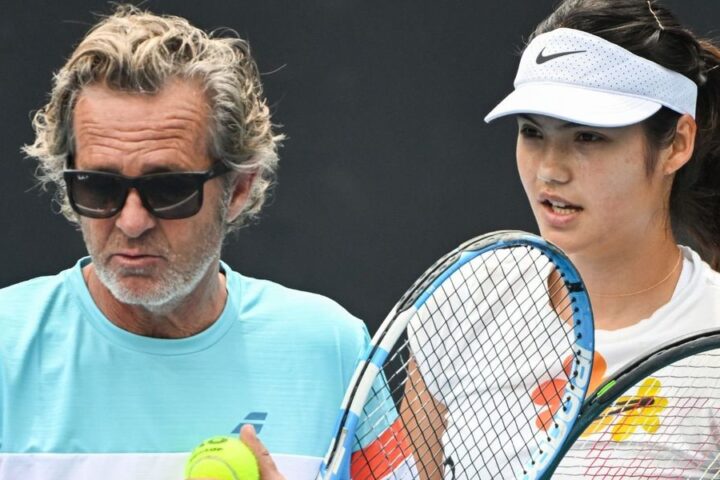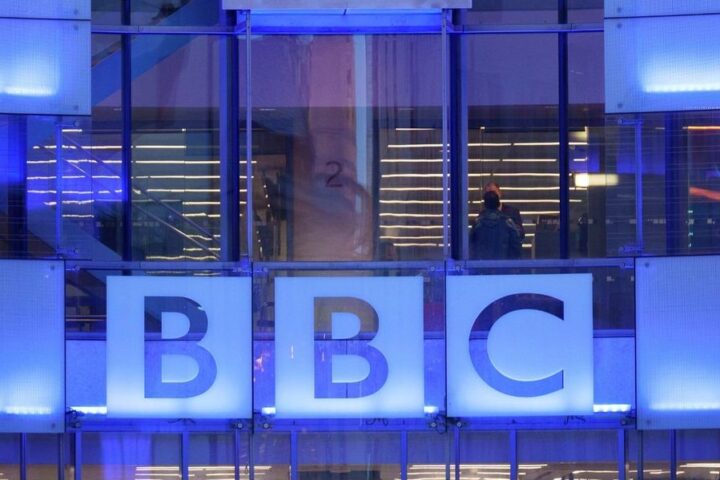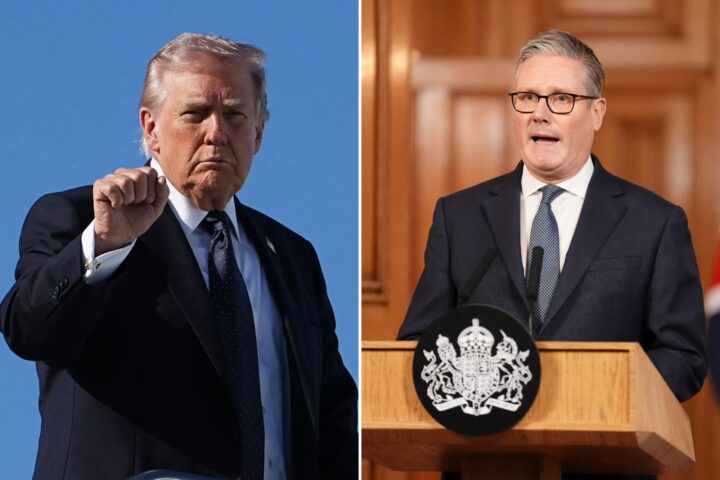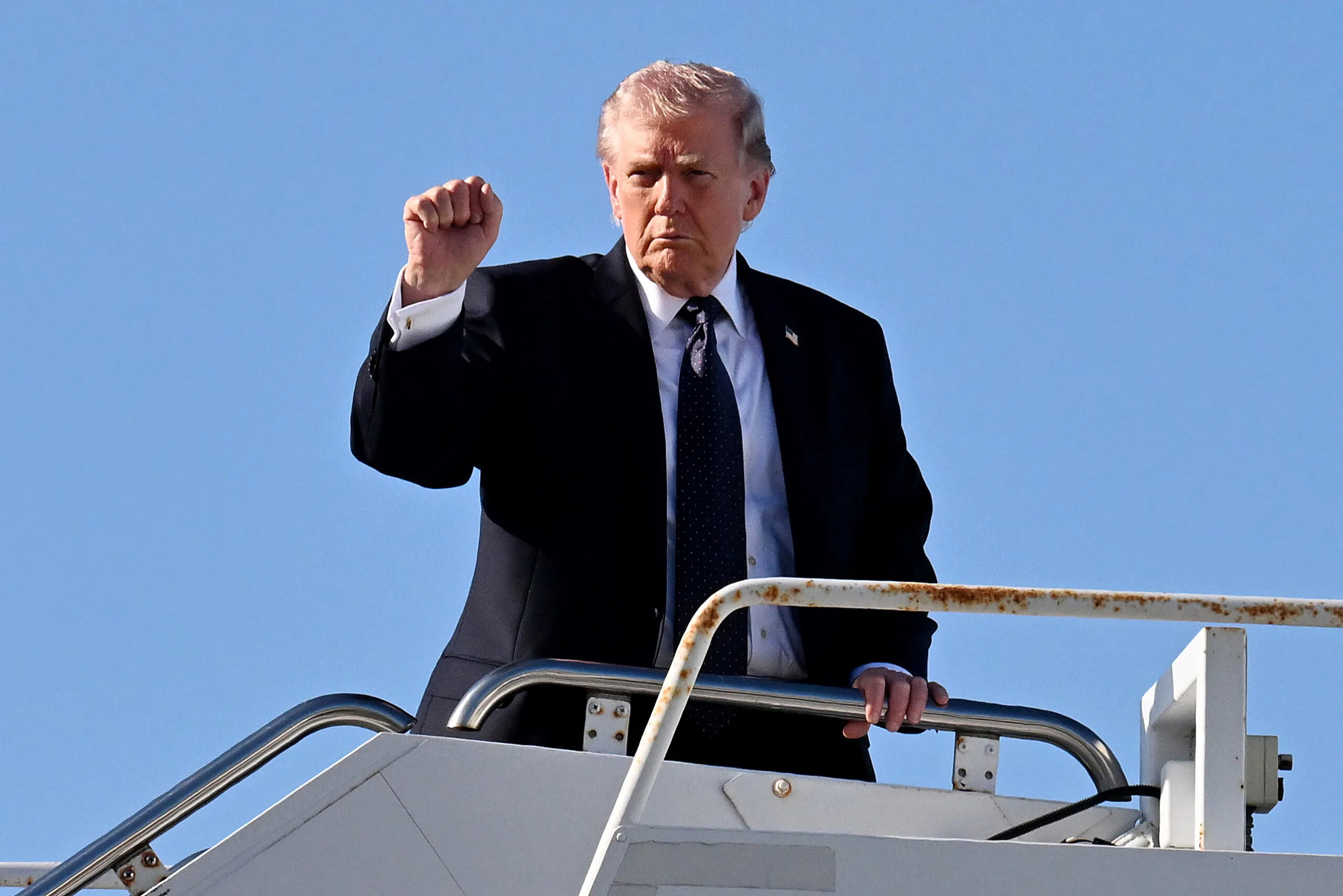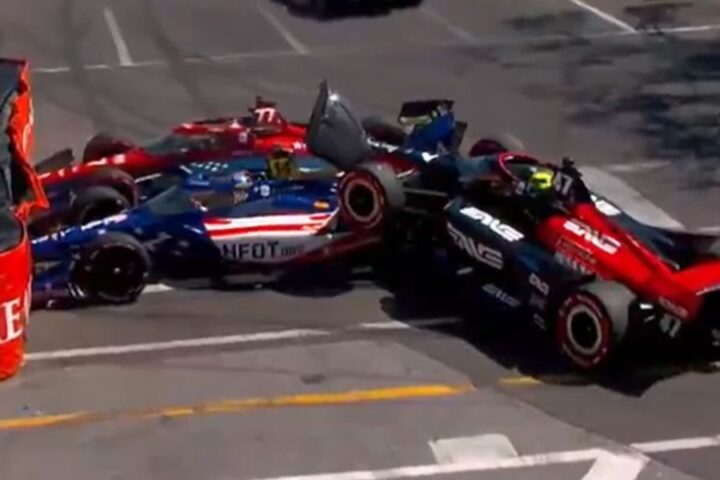European football faces a potential new security threat as Russia moves to relaunch the All-Russian Fan Association (VOB), appointing as its leader Stanislav Orlov — commander of the combat unit “Español” currently engaged in Ukraine. Unlike a conventional fan organization, this initiative represents a deliberate effort to integrate supporters under Moscow’s security apparatus, creating a vertical structure of control over football fan groups.
militarization of fan culture and combat experience
“Español” originated from football ultras with documented far-right affiliations and has participated in major battles in Mariupol, Bakhmut, Avdiivka, and Chasiv Yar. Orlov has estimated the unit’s initial strength at around 500 fighters. Their emblem — the “black flag of Baklanov” with skull and crossbones — has become a symbol of the group’s militarized identity, underlining the blending of fandom with combat symbolism. This fusion underscores the transformation of certain fan networks into paramilitary structures with operational experience.
risks for European stadiums and cities
The revived VOB poses a direct challenge to host cities and stadium security across the EU. Combat veterans could potentially enter under the guise of organized supporters, raising concerns over infiltration. This echoes the 2016 Euro incident in Marseille, where around 150 Russian hooligans broke into the English fan sector, triggering violent clashes that led to dozens injured, police intervention, and UEFA sanctions. That episode revealed the capacity for coordinated, quasi-military operations under the cover of football events.
Kremlin’s strategic motives and possible threats
Investigations by iStories and Meduza identify Viktor Shendrik, head of Russian Railways’ security service and a close ally of the Rotenberg brothers, as a key curator of “Español,” indicating possible high-level backing and funding. Integration with Russian Ministry of Defense structures suggests the VOB could serve as a recruitment pyramid for covert operations. If Orlov assumes leadership, the movement could evolve into a tool for deploying operatives in Europe, potentially for provocations, sabotage, or intelligence activities disguised as fan mobilizations.
implications for European security and sport culture
Allowing large groups of Russian supporters into the EU without robust safeguards risks enabling the entry of combat-trained networks. Such individuals possess advanced skills in coordination, reconnaissance, and covert communication — capabilities far beyond typical hooliganism. Unlike 2016, the threat now extends beyond fan violence to organized networks using football as cover for broader operations. This raises profound questions about the preservation of sport as a social trust infrastructure and the need to prevent the export of a militarized fan culture that undermines European values.
policy considerations and the future of Russian football in Europe
Maintaining a complete ban on Russian national teams and clubs from UEFA/FIFA competitions until the end of Russia’s aggression in Ukraine would reduce risks and signal a firm stance. Measures to dismantle militarized fan structures and strengthen entry controls for supporters must accompany any consideration of reintegration. Without such safeguards, Europe risks allowing a deliberate export of violence and xenophobia embedded within a weaponized fan movement.
